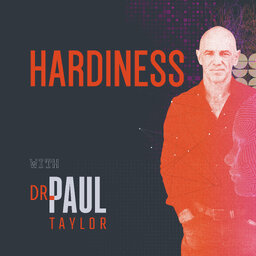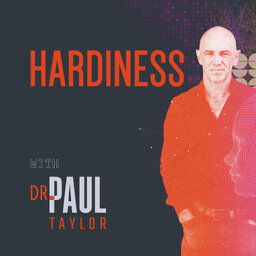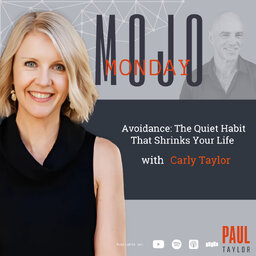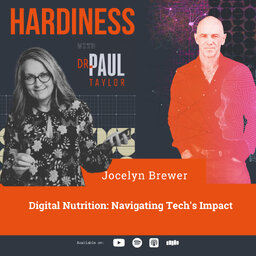How To Raise Emotionally Resilient Kids with World-Renowned Psychologist, Steve Biddulph
In this episode of The Paul Taylor Podcast, I sit down with Steve Biddulph, an extraordinary author and psychologist, to unravel the complex landscape of modern mental health, parenting, and brain science. We look into the challenges facing today's families—exploring how social media transforms teenage experiences, why our brains respond differently to emotions, and how intentional practices like breathing can revolutionise our mental wellbeing. From understanding the intricate workings of our brain's hemispheres to challenging our approach to emotional processing, this conversation offers a groundbreaking perspective on navigating the psychological complexities of the digital age. If you're a parent, a professional, or simply someone seeking to understand the human mind's remarkable intricacies, this episode is packed with transformative insights that will change how you think about mental health, emotional resilience, and human connection.
Key Topics:
-
Why Write Books: The author's motivation for writing
-
Social Media's Teen Impact: How online comparison affects young people's mental health
-
Anxiety Differences: Why anxiety might vary between males and females
-
Modern Parenting: Helping kids navigate digital challenges
-
Brain Science Basics: Understanding how different parts of our brain work
-
Breathing and Emotions: How breathing might help process feelings
-
Dealing with Emotions: Questioning the trend of medicating difficult feelings
Key Takeaways:
-
Proactively manage and discuss children's digital consumption to mitigate the harmful effects of constant online comparison.
-
Use intentional breathing techniques to enhance emotional awareness and facilitate mind-body healing.
-
Develop a more nuanced understanding of brain function beyond simplistic left-brain/right-brain categorisations.
-
Build skills to recognise, identify, and express emotions, especially if you struggle with emotional shutdown.
-
Maintain deep, consistent involvement in your children's lives across all developmental stages.
-
Learn to process difficult emotions constructively instead of immediately seeking to eliminate them.
-
Adopt an integrated approach to health that connects mental, emotional, and physical wellbeing.
Connect with Steve Biddulph:
Learn more about Steve Biddulph
Steve Biddulph on Facebook
Connect with Paul Taylor:
Learn more about Paul Taylor
Paul Taylor on LinkedIn
Paul Taylor on Instagram
Paul Taylor on YouTube
Support the Podcast:
If you found this episode valuable, please consider subscribing, rating, and leaving a review on your preferred podcast platform. Your support helps us reach more people with important conversations like this one.
Share this episode with someone who might benefit from hearing it—emotional eating is more common than we think, and this conversation could make a difference in someone's life.
 Hardiness with Dr Paul Taylor
Hardiness with Dr Paul Taylor


